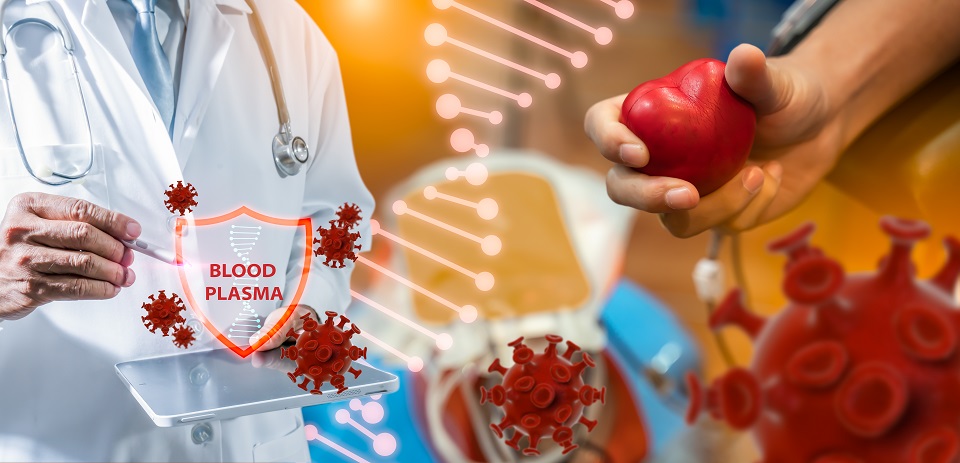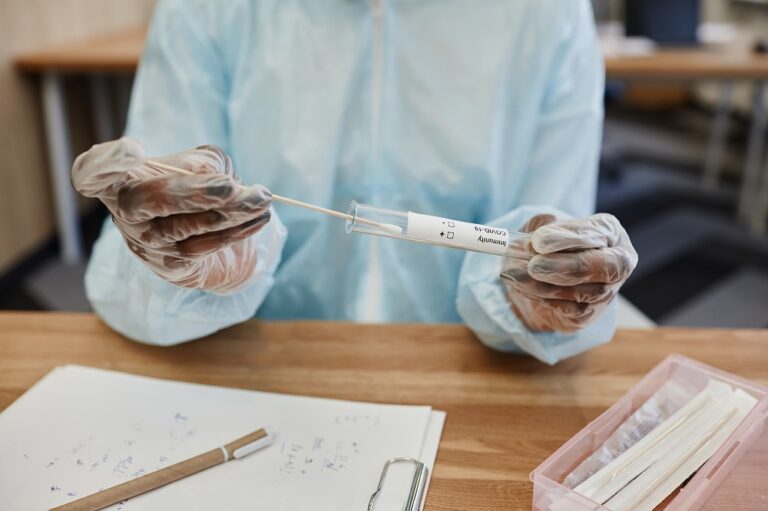
1. Convalescent plasma
Convalescent plasma is basically plasma from infected patients who have recovered from COVID-19 and whose blood contains antibodies to fight the virus.
“You take antibodies from people documented to have had the disease and recovered, and then administer them to people with severe disease,” explains Dr. Poland, who is also a professor of medicine and infectious diseases at the Mayo Clinic in Rochester, Minnesota.
Even if convalescent plasma has been used to treat measles, SARS, and other contagious diseases, researchers know little about how it would work with COVID-19.
One small study published in the Journal of the American Medical Association reported that 5 patients critically ill with COVID-19 in China improved after being treated with convalescent plasma.
On March 24, the FDA announced that it would be facilitating access to convalescent plasma, and there are initiatives underway to study the therapy and to match donors and patients.
However, one big problem is finding enough people who have recovered from COVID-19, says Mahalia S. Desruisseaux, MD, also an IDSA expert. Those individuals need to meet a number of requirements and also need to have a compatible blood type, according to OneBlood, an organization that works with blood and stem cell products for scientific research.
In spite of some possible complications, the organization did recently approve the first rapid test to detect COVID-19 antibodies.

























1 thought on “The Most Promising Medical Treatments for COVID-19”
It is not true that the long-proven Cathcart Titration Method is either dangerous (it has never harmed anyone) nor that it has ever failed with any Corona virus. Various desperate trials have shown promise despite the failure of medical efforts to utilize the actual treatment. Trials by physicians with “megadoses” have not used the correct amounts (200-300 grams per day) but instead tiny fractions of the needed amounts (never reported, but almost certainly), and have still saved lives according to the NYT. It is an ongoing crime by physicians and researchers that has cost millions of lives over tge 42 years since Cathcart’s research was first published (ChemTech, Feb 1978).